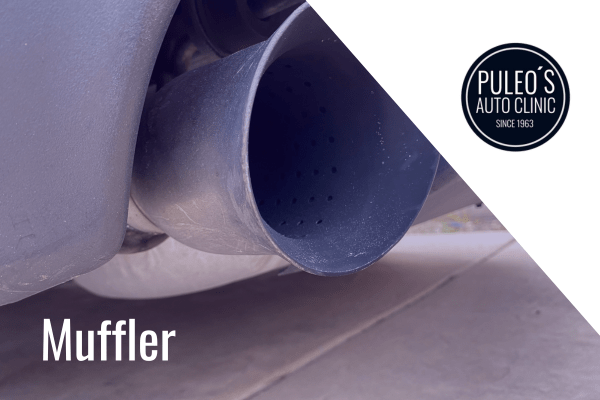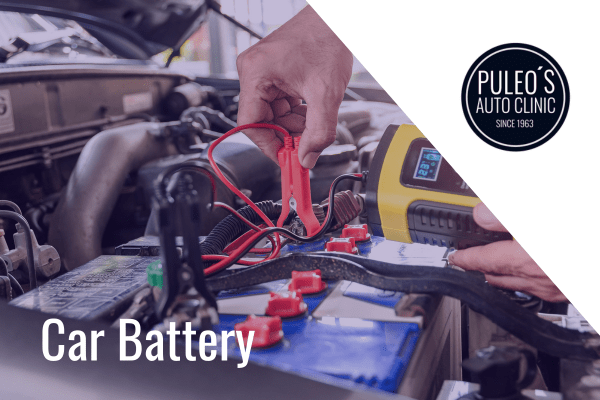BLOGS
Discover top-notch brake repair services at Puleo's Auto Clinic in Washington, NJ. Trust us for reliable maintenance and expert advice. Schedule an appointment today!
Trust Puleo's Auto Clinic in Washington, NJ for expert electrical repair. Enhance your vehicle's performance. Schedule an online appointment now!
Expert AC & heat repair at Puleo's Auto Clinic in Washington, NJ. Ensure comfort year-round with our trusted automotive care. Schedule an online appointment now.
Discover expert transmission repair at Puleo's Auto Clinic in Washington, NJ. Get the edge in automotive care. Schedule an appointment today!
Discover reliable oil changes at Puleo's Auto Clinic in Washington, NJ. Ensure your vehicle's performance and longevity. Schedule an online appointment now!
Discover expert engine repairs at Puleo's Auto Clinic in Washington, NJ. Quality service and care for your vehicle. Schedule an online appointment now!
Discover reliable brake repair at Puleo's Auto Clinic in Washington, NJ. Trust our seasoned technicians for top-notch service. Schedule an online appointment now!






